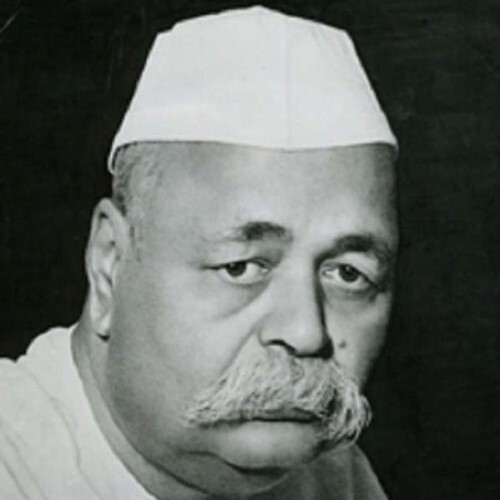Early Life
Govind Ballabh Pant was born on 10 September 1887 in Almora, Uttarakhand. He attended the Muir Central College and Law College, Allahabad. He was inspired as a student by the movement against the partition of Bengal and went to attend the annual Congress session at Kashi in 1905.
Pant enrolled as an advocate at the Allahabad High Court in 1909. He settled down in Nainital where he soon rose to become the leader of the Bar. As a young lawyer, he helped a village council in Kashipur in 1914 in challenging a law that required locals to provide free transportation to British officials.
Role in India’s Independence Movement
Pant started the Kumaon Parishad in 1916 and was elected to the All-India Congress Committee, soon becoming actively involved in Congress politics. He got elected to the United Provinces Legislative Council on a Swaraj Party ticket in 1923,
When the Simon Commission came to India to study and recommend constitutional reforms in 1928, it was boycotted by almost all Indian political factions because of its all-white composition. Pant participated in a protest against it in Lucknow, where the police brutally lathi-charged the protesters. As a result of this attack, he was left with a permanent disability.
Pant was elected as the President of the United Province Provincial Congress Committee in 1926 and went on to become a part of the National Working Committee in 1946. He was made a member of the Congress Working Committee in 1931, drawing him close to the national high command. In 1937, he went became the Prime Minister of the United Province until all the Congress ministries resigned in 1939 to protest against India’s forced involvement in the Second World War.
Pant took part in the Salt March and the Quit India Movement. He was one of several leaders preemptively arrested in 1930 for planning the Civil Disobedience Movement, and then again in 1933, 1940, and 1942.
Contribution to Constitution Making
Pant was elected to the Constituent Assembly from United Province. In the Assembly, he spoke on separate electorates, citizenship, the right to property, and federalism.
Later Contributions
Pant was the first Chief Minister of Uttar Pradesh, leading the state for almost a decade up till 1955. He then went on to serve as the Home Minister in the Nehru Cabinet from 1955 until his death in 1961. He received India’s highest civilian honour, the Bharat Ratna, in 1957.
- Pant argued vehemently against separate electorates for minority communities.
- He wanted the states to have greater autonomy and was against the centralization of power.
- During debates around the fundamental right to property, he spoke against Zamindari system, while accepting the need for a fair compensation.
- Selected Works of Govind Ballabh Pant, Vol. 1-18, edited by B.R. Nanda (Oxford University Press, 1994)
- Govind Ballabh Pant: The True Gandhian, by S.R. Bakshi (South Asia Books, 1992)

